As he was lying on the street covered in blood from the brutal punches of his ruthless attacker, Andrew Robertson thought he was going to die.
And in some ways, he did.
Mr Robertson, 35, was never the same after a “terrifying” assault in 2010 left him so badly wounded that he needed to be resuscitated twice in the ambulance.
But while the cuts and bruises on his face and body may have faded, the emotional trauma that led to more than a decade of “darkness and pain” continues to haunt him.
The years thereafter were plagued by “anger, rage and mental health issues” as he battled the personal demons resulting from that night.
Until one day – when he had hit rock bottom and didn’t see a reason to carry on – a stranger on the street gave him “the spark he needed” to start a new chapter of his life.
‘I had everything going for me, and then it was all gone’
Nearly 12 years after he was assaulted and left for death on Ann Street in Aberdeen, Mr Robertson still remembers every detail of the night that changed his life forever.
Aged 24, he was at the prime of his early career as a chef at the Courtyard Restaurant in the city’s West End and was also shortlisted for Grampian Junior Chef of the Year.
His whole world turned upside down when a car came out of nowhere and ran him over on the pavement in the early hours of November 15, 2010.
Instead of trying to help, the driver got out of his vehicle and began to repeatedly punch the young man’s barely moving body, causing severe injuries to his head and face.
Philip Swarbrick, 36, was jailed for five years at the High Court in Edinburgh in August 2011 for the assault.
Mr Robertson still recalls the feel of the steel striking across his knees.
And – “quite disturbingly” – he even remembers hearing Queen’s Don’t Stop Me Now blaring from the speakers and “seeing the stars” as he was thrown through the air.
He was later resuscitated twice in the ambulance and in the hospital room, and had several surgeries to put the broken bones back together.
With tears in his eyes, Mr Robertson said his mum and dad couldn’t even recognise his bloated and bruised face when they came to visit him at Aberdeen Royal Infirmary.
“I was never the same after the night of the attack,” he added. “Andrew Robertson – although not physically – died that night.
“I had everything going really well for me. I was young, ambitious, eager, very passionate, and working with a great team of chefs. And then all of it was gone.”
The emotional scars that remained
The scars on his body are now almost invisible – with a phoenix tattoo covering the painful cut on his arm – but the mental and emotional wounds remained open.
As he struggled to return to his former self, Mr Robertson spiraled into addiction and would sometimes burst out in anger and turn violent towards his friends and family.
On three different occasions, he almost gave in to the demons inside him and considered ending it all.
He said: “I developed PTSD and psychological issues, I got into drugs and alcohol, I was addicted to painkillers for more than a year, and there was so much rage and anger.
“I wasn’t sleeping for days. I wasn’t eating and everything was a trigger.”
In 2020, Mr Robertson had started to get his life back together when lockdown plunged him back into that dark place.
“It was hard for me to even get out of bed some days,” he added. “I was in a really dark place and just didn’t care. I gained a lot of weight, I was drinking a lot – I was lost.
“Two of my friends died, then I lost two family members, I was having a terrible time with work – and all of that in one month. I kept thinking ‘When is this going to stop?’
“And then it all started flooding in – the pain, the depression, and the thoughts.
“I felt like a burden to my family and didn’t want to do this any more.”
One smile gave ‘new lease of life’
On April 19 last year, Mr Robertson woke up with the decision to end his life.
But what he thought was his final walk through Aberdeen turned out to be his first steps on the long road to recovery.
On that day, his life took another turn when a stranger stopped him at the beach, smiled and showed him the power of kindness with just a few words.
He turned around and never looked back – as if his dark thoughts never existed.
“One simple act of kindness can last a lifetime,” Mr Robertson said.
“If that person hadn’t spoken to me with that kindness, I wouldn’t be here.
“At that moment when she smiled and treated me like a human being, I felt all that darkness, numbness, pain and anger lifting slowly.
“That person gave me that spark to relight the flame inside me and made me the person I am today. She gave me a new lease of life and a purpose.”
New future full of hope and kindness
Today, Mr Robertson is the “eager and passionate” person he used to be before the night of the “terrifying attack”.
After 12 years of struggle, he is now in a “happy place” – eating healthy, exercising and following his passion for cooking as a chef at Soul Bar.
He recently started his own personal project Be Kind, devoting himself to spreading the message of kindness across the city.
In a heartfelt message of hope, Mr Robertson shared his story of ups and downs and of “darkness and light” to inspire others that anything is possible once you believe in yourself.
“I should have died on that street,” he said. “I should be brain dead or in a wheelchair, but I’m not.
“I keep going back to that night thinking ‘Why am I here? Why am I still breathing and what is my purpose in life?’
“And after all this time, I think I know why.
“When I wake up every morning, I want to be a better person than I was the day before. I want to create a legacy of kindness and human decency.”
In November, Mr Robertson will also step on the ring of a charity boxing event at the Beach Ballroom to fight for “all the survivors and for every single person that is no longer here”.
He added: “The one thing I’ve learned is you’ve got to be grateful for what you have. It doesn’t matter how hard life is or how much it hurts – you have to try to move forward.
“I want to inspire people that anything can be achieved – if I can defeat my demons and turn my life around, anyone can do it.
“Believe in yourself and believe that there is always light at the end of the tunnel. Take small steps – nothing will happen overnight. Have patience and believe that it will come.”
If you need someone to speak to, you can call the Samaritans on 116 123. Everything you say is kept confidential.
The Samaritans also have an app you can download to your phone, which can provide self-help tips.
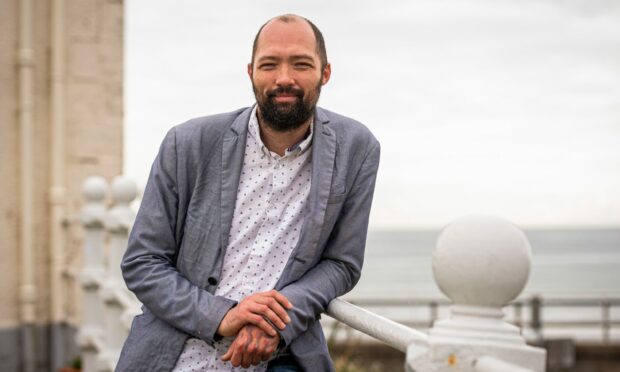
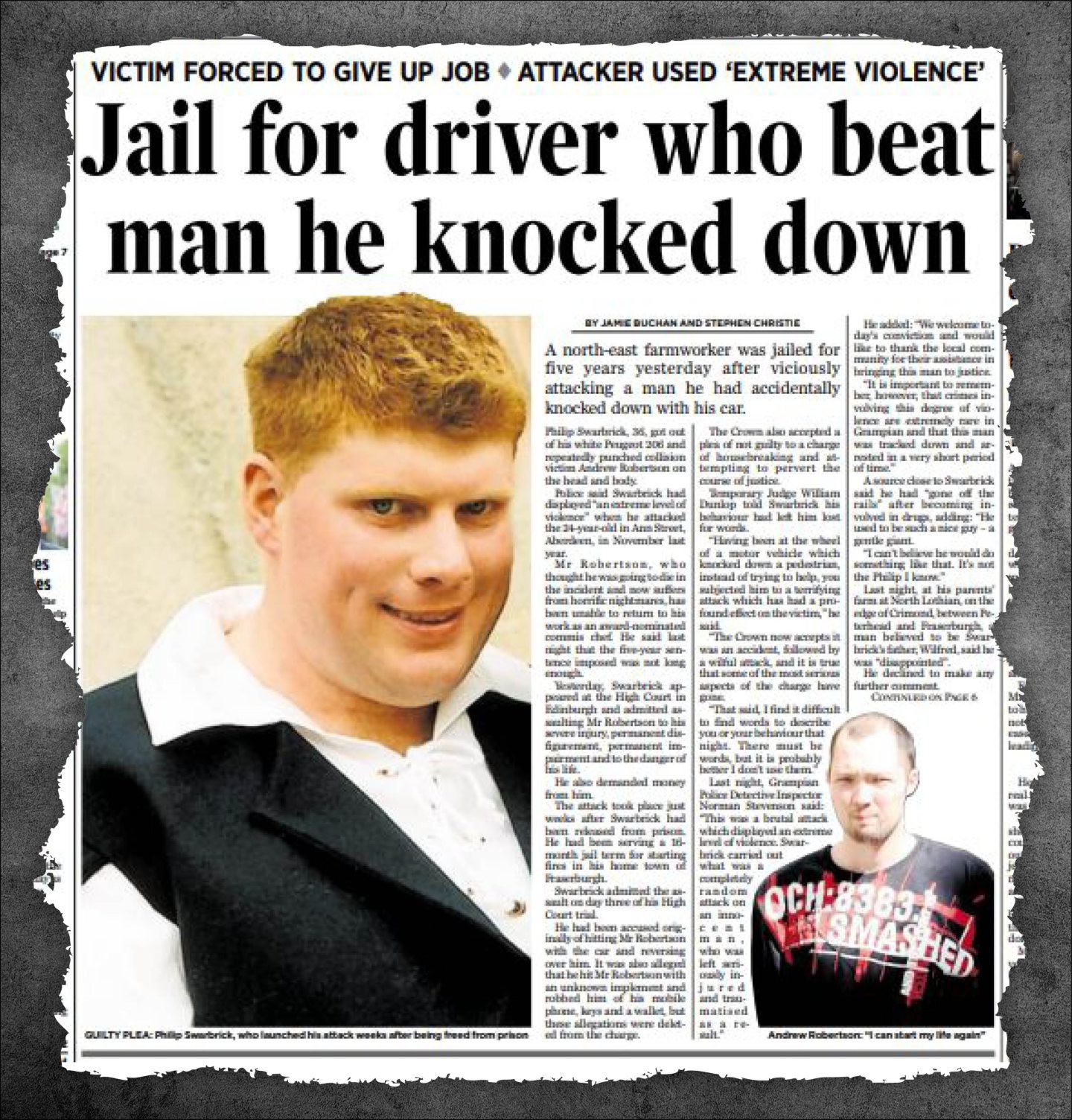
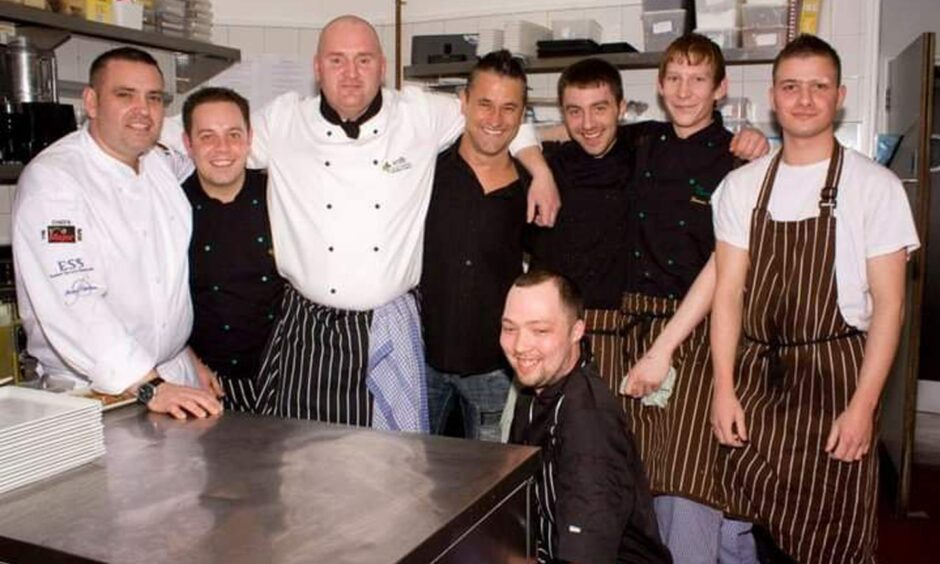
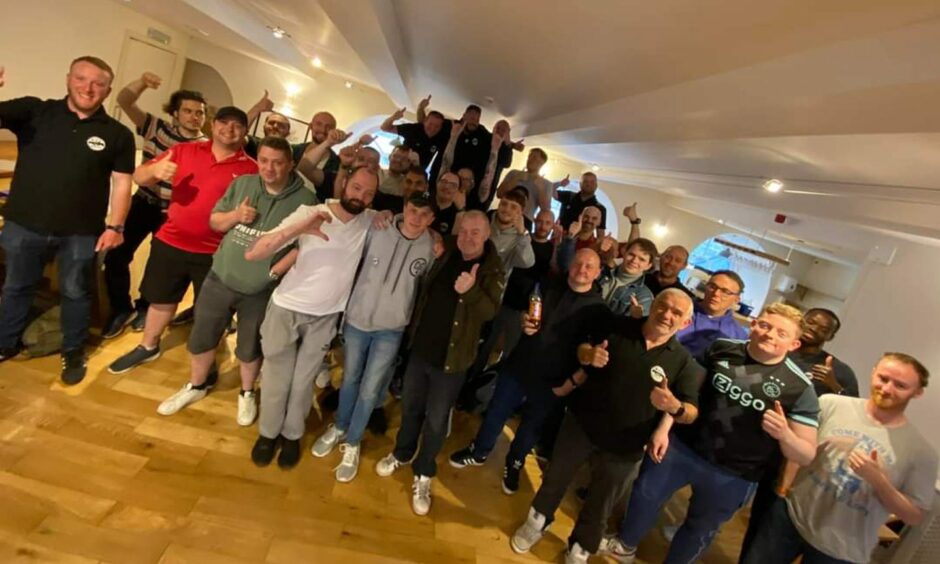
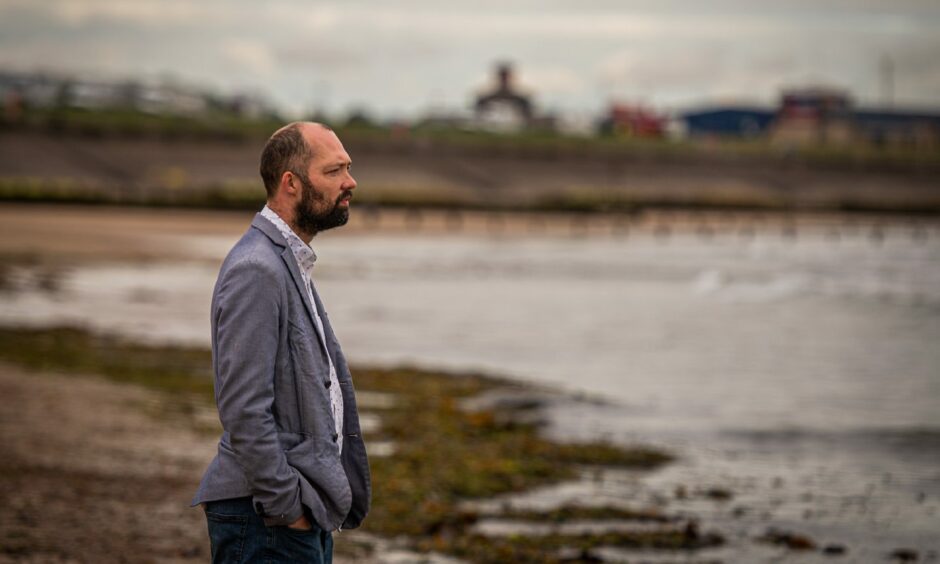
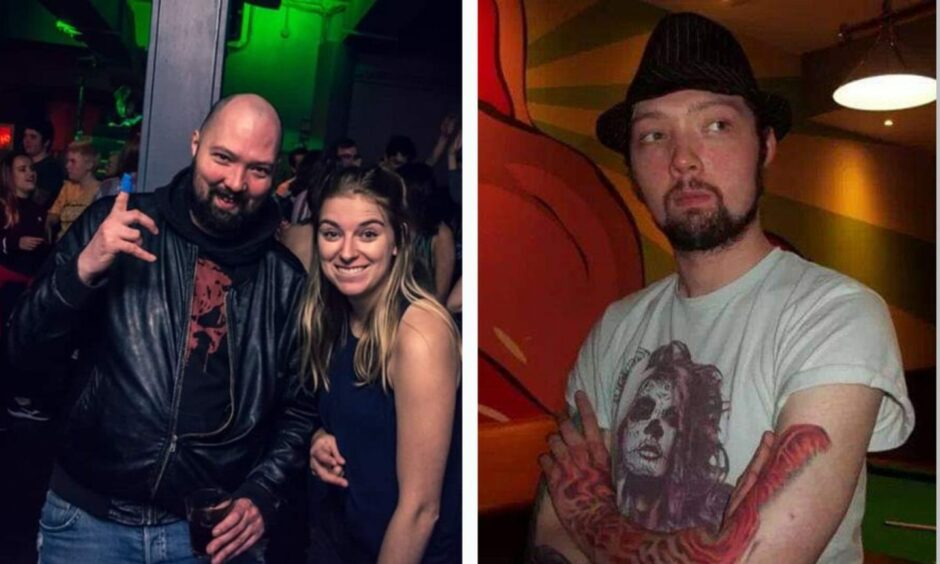
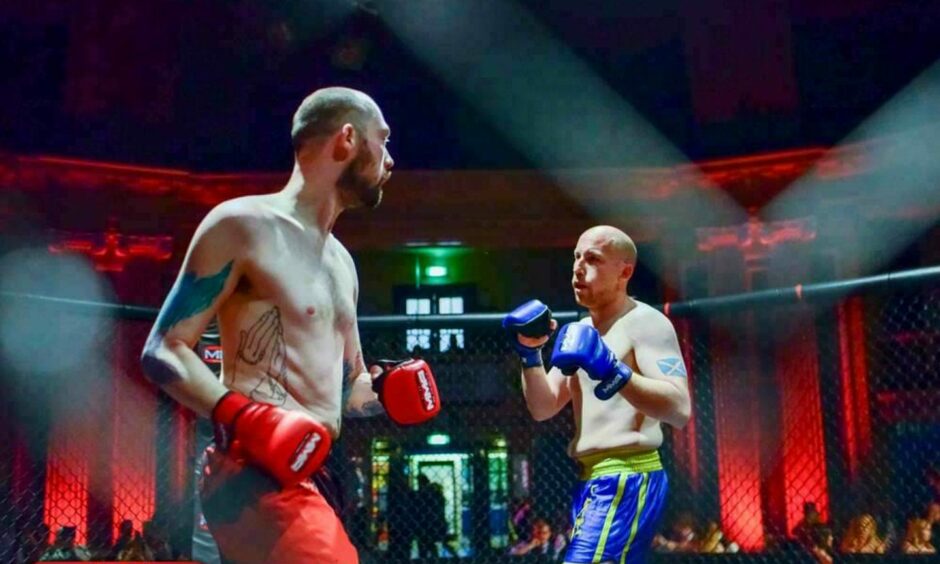
Conversation